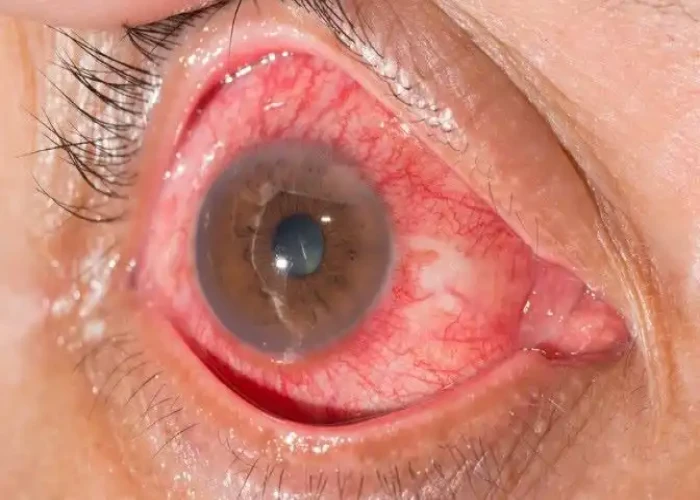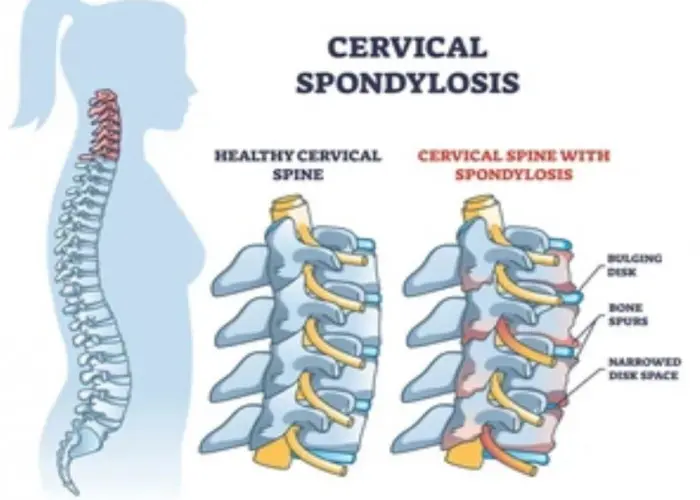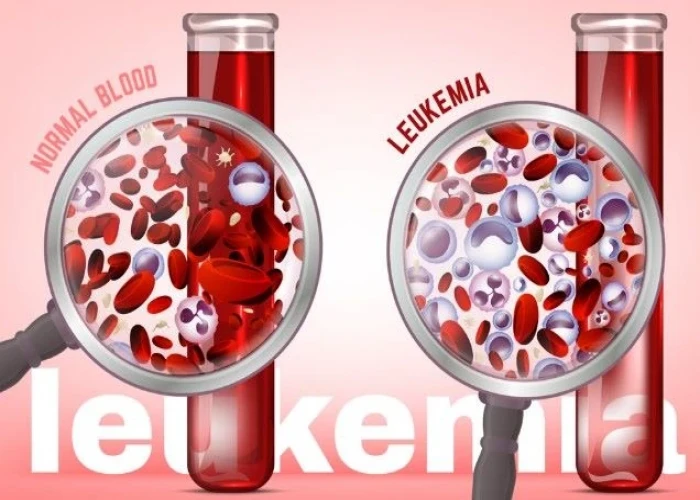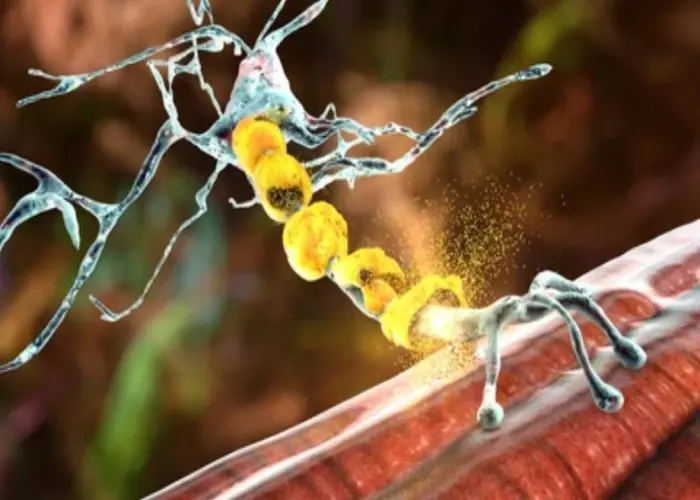 Welcome
Welcome
“May all be happy, may all be healed, may all be at peace and may no one ever suffer."
Chlamydia trachomatis

Chlamydia trachomatis is a bacterium that can cause a sexually transmitted infection (STI) called chlamydia. Chlamydia is one of the most common STIs worldwide, and it is typically spread through vaginal, anal, or oral sex with an infected partner. Chlamydia often has no symptoms, particularly in women, but can cause a range of complications if left untreated, including pelvic inflammatory disease, infertility, and chronic pain. Testing for chlamydia involves a simple swab or urine sample, and treatment typically involves a course of antibiotics. Safer sex practices, including consistent and correct condom use, can help reduce the risk of chlamydia and other STIs.
Research Papers
Disease Signs and Symptoms
- Burning during urination
- Watery vaginal discharge
- Discharge from penis
- Bleeding with intercourse
- Testicular pain
Disease Causes
Chlamydia trachomatis
The Chlamydia trachomatis bacterium is most commonly spread through vaginal, oral and anal sex. It's also possible for pregnant women to spread chlamydia to their children during delivery, causing pneumonia or a serious eye infection in the newborns.
Disease Prevents
Chlamydia trachomatis
The surest way to prevent chlamydia infection is to abstain from sexual activities. Short of that, you can:
- Use condoms. Use a male latex condom or a female polyurethane condom during each sexual contact. Condoms used properly during every sexual encounter reduce but don't eliminate the risk of infection.
- Limit your number of sex partners. Having multiple sex partners puts you at a high risk of contracting chlamydia and other sexually transmitted infections.
- Get regular screenings. If you're sexually active, particularly if you have multiple partners, talk with your doctor about how often you should be screened for chlamydia and other sexually transmitted infections.
- Avoid douching. Douching decreases the number of good bacteria in the vagina, which can increase the risk of infection.
Disease Treatments
Chlamydia trachomatis is treated with antibiotics. You might receive a one-time dose, or you might need to take the medication daily or multiple times a day for five to 10 days.
In most cases, the infection resolves within one to two weeks. During that time, you should abstain from sex. Your sexual partner or partners also need treatment even if they have no signs or symptoms. Otherwise, the infection can be passed back and forth between sexual partners.
Having chlamydia or having been treated for it in the past doesn't prevent you from getting it again.
Disease Diagnoses
Disease Allopathic Generics
Disease Ayurvedic Generics
Disease Homeopathic Generics
Disease yoga
Chlamydia trachomatis and Learn More about Diseases

Thalassemia

Ice cream headaches

Uveitis

Cervical spondylosis

Leukemia

Charcot-Marie-Tooth disease

Dumping syndrome

Salivary gland tumors
Chlamydia trachomatis, C trachomatis, ক্ল্যামিডিয়া ট্র্যাচোমেটিস
To be happy, beautiful, healthy, wealthy, hale and long-lived stay with DM3S.
